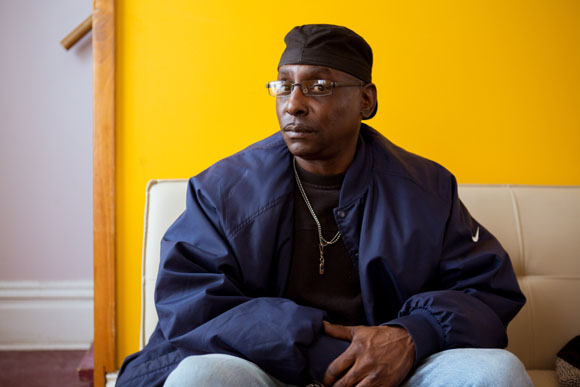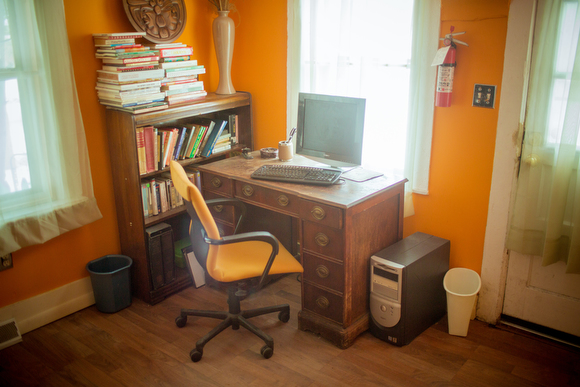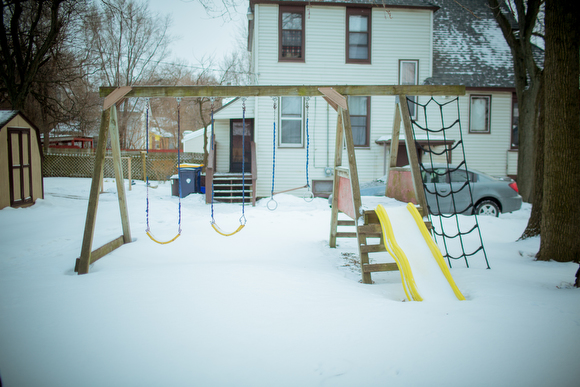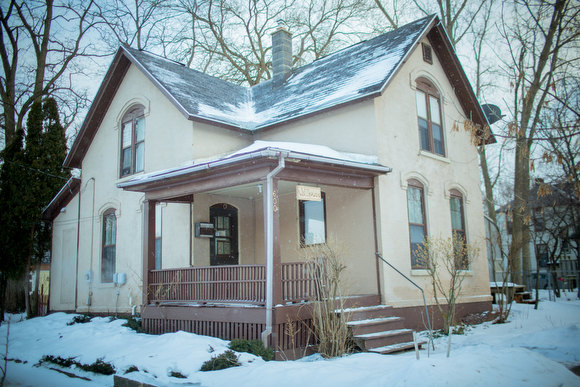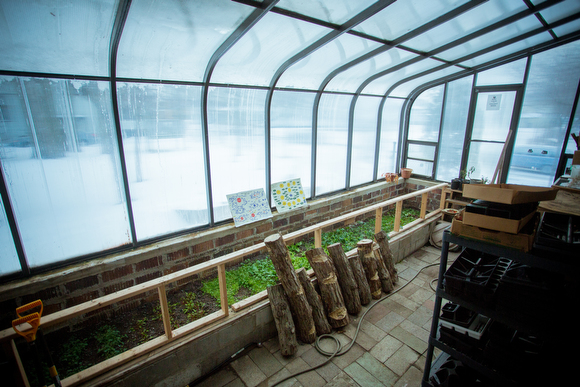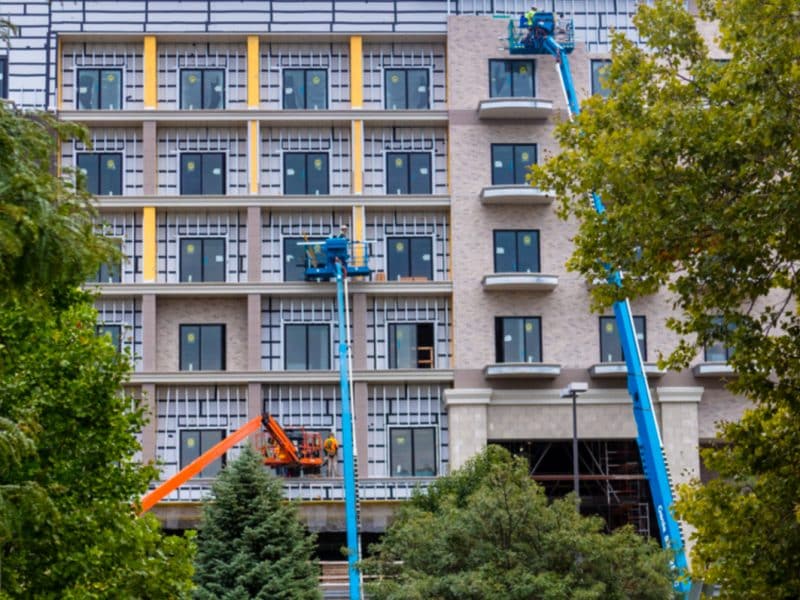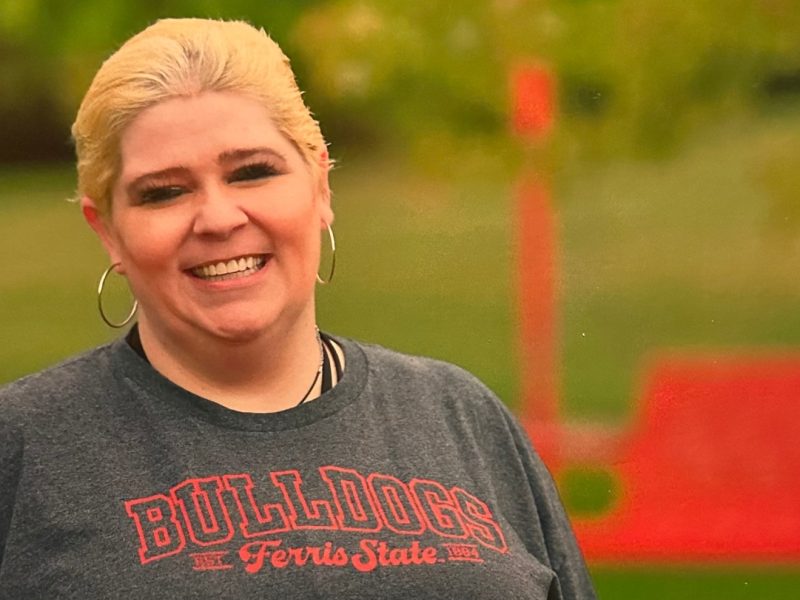Do Good: Putting a face on local homelessness
Homeless folks face social disadvantages that go far beyond the lack of a safe and suitable home. They have reduced access to private and public services, as well as limited access to vital necessities such as healthcare and dental services. They are often seen as unsuitable for employment, and their travel options are few. In part three of an ongoing series, Do Good profiles one local man whose life has been affected by these issues, and finds out where to go from here.
Homeless folks face social disadvantages that go far beyond the lack of a safe and suitable home. They have reduced access to private and public services, as well as limited access to vital necessities such as healthcare and dental services. They are often seen as unsuitable for employment, and their travel options are few.
Previous Do Good articles delved into the history of homelessness, both locally and nationally, and shared some sobering statistics about the homeless population living in West Michigan. Words describe homelessness issues academically but can’t adequately convey the pain, frustration, and urgency these folks face. Put a real face on this dilemma, and things get human in a hurry. Consider Well House resident, Rodney Miller.
After a year living on the streets, Miller came to Well House, 600 Cass Ave. SE, Grand Rapids, where he has now lived for a year and three months. Miller is grateful for the place and its people, and he enjoys helping out with gardening and light housekeeping chores. Now he wants nothing more than to be self-sufficient and live in his own apartment. He has limited income, but it’s enough to afford a low-rent place.
There’s only one problem: life just isn’t cooperating. More accurately, the system isn’t working. There are several reasons why — outside of Well House — the current system is woefully inadequate.
First, the backstory: Originally from Atlanta, Georgia, Miller moved to Flint, Michigan a number of years ago. He was young, wild, and worked as a supervisor at an automobile plant. These three things would eventually conspire to sabotage his future and render him homeless.
Injured on the job and — with the exception of simple tasks — no longer able to work, Miller receives Social Security disability benefits. Only 51 years old, he’s already had both hips replaced. Pain is a constant.
A prison record adds to his dilemma.
“I ran with the wrong crowd,” says Miller of his time living in Flint. Convicted for attempted home invasion, he spent five years in Jackson State Prison. Because his family lived far away, in Georgia, they were unable to visit. He felt lonely and isolated.
In 2006, Miller lost his driver’s license after an arrest for driving under the influence of pain medication. To get his license reinstated, he must petition the court in Flint, approximately 113 miles from Grand Rapids; the distance is insurmountable for him. He doesn’t have a way to get to Flint. (I checked public transportation options. Round-trip airfare is at least $700 for a same-day flight, with one stop. Then he’d need a taxi to get to the courthouse, so that’s out of the question. Round-trip Greyhound bus fare is $80, still an expensive proposition for someone on a limited income. Aside from that, he’d have to find a way from the bus stop to the courthouse, and walking any distance is not an option (more on that in a bit). Megabus doesn’t have a Grand Rapids to Flint option. And forget the train — the itinerary is convoluted. It goes from Grand Rapids to Chicago to Flint, and then from Flint to Kalamazoo to Grand Rapids – a 13-hour round-trip costing $95 that would require the additional expenses of an overnight stay and taxi service to the hotel and to the court. Absurd.) Clearly, Miller will need a ride from someone with a car.
Miller needs medical care and finds it difficult to navigate Grand Rapids without a car, especially in the winter; because of the pain in his hips, he can’t walk distances, and many of his appointments are on the other side of town. As illustrated above, taking the bus has its limitations. There are medical resources downtown, but Miller wasn’t aware of them.
As for housing, Miller can’t get an apartment. He’s tried. Although it has been eight years since his release from prison, the felony record disqualifies him from most rental complexes under their current policies.
“If not for Well House, I would still be out on the street,” Miller says. “Tami (Tami VandenBerg, Executive Director of Well House since 2012) is awesome. She gave me a place to stay and a job working in the garden. I also fix things around the house.”
Someday, Miller hopes to return home to Georgia.
“I want to get back to Georgia where my family is,” says Miller. “The warmer weather would be better for my hips.”
Founded in 1978 by the late Marian Clements, Well House offers the homeless immediate access to a place of their own without requiring treatment or sobriety as a precondition for housing. Priority is given to people who cannot access any other housing, for people who are homeless; rooms are rented at a very low cost. Residents are supported with treatment options for their recovery and integration into the community. Source
Recognizing that a ‘one-size-fits-all’ model is not the most effective tactic to addressing homelessness, Well House has a come-as-you-are policy that utilizes a harm-reduction model. This allows folks to find safe, stable, and supportive space to address issues like addiction or emotional illness. Source
Under VandenBerg’s leadership, Well House has renovated houses to provide shelter for more people, has plans to acquire more homes, and also plans to expand services. VandenBerg’s new team focuses on meeting people in their present situations. At Well House, Miller’s felony record doesn’t matter.
Get involved:
– Donate to Well House.
– Learn more about Well House.
– Visit Well House’s Facebook page.
Victoria Mullen is the Do Good editor for Rapid Growth.
Photography by Adam Bird

